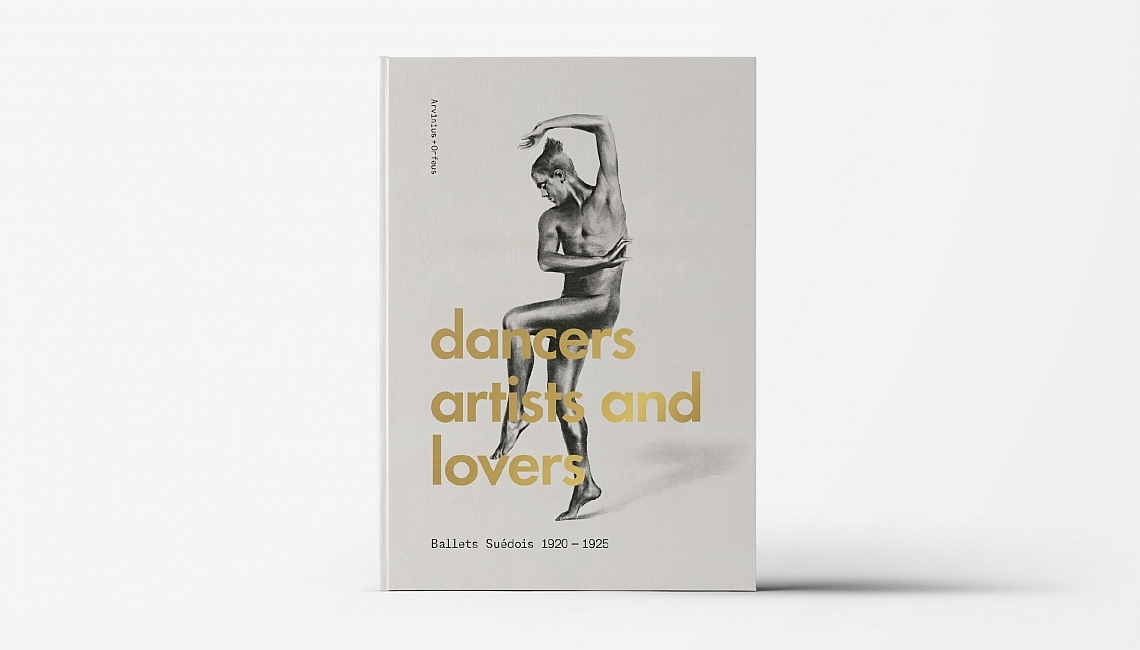
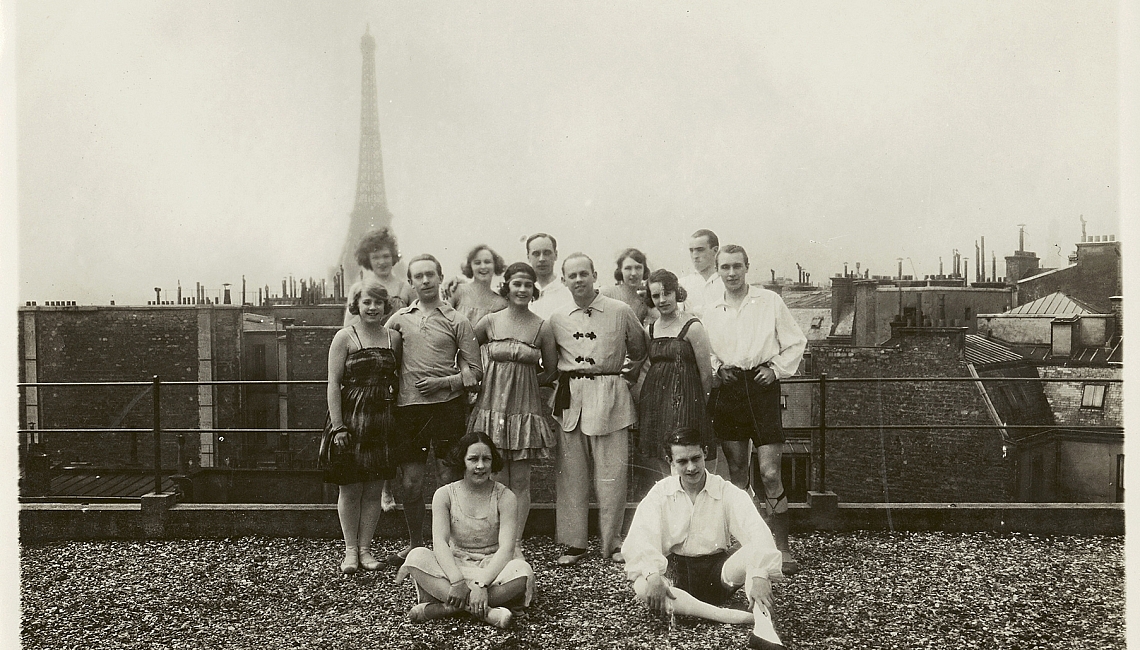
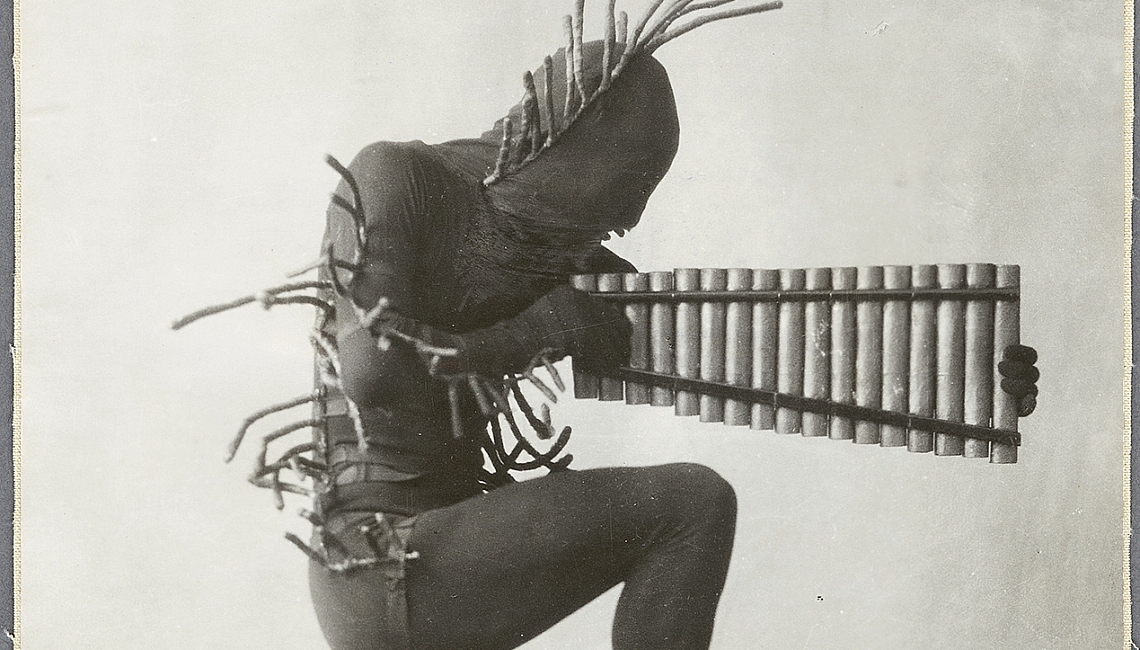
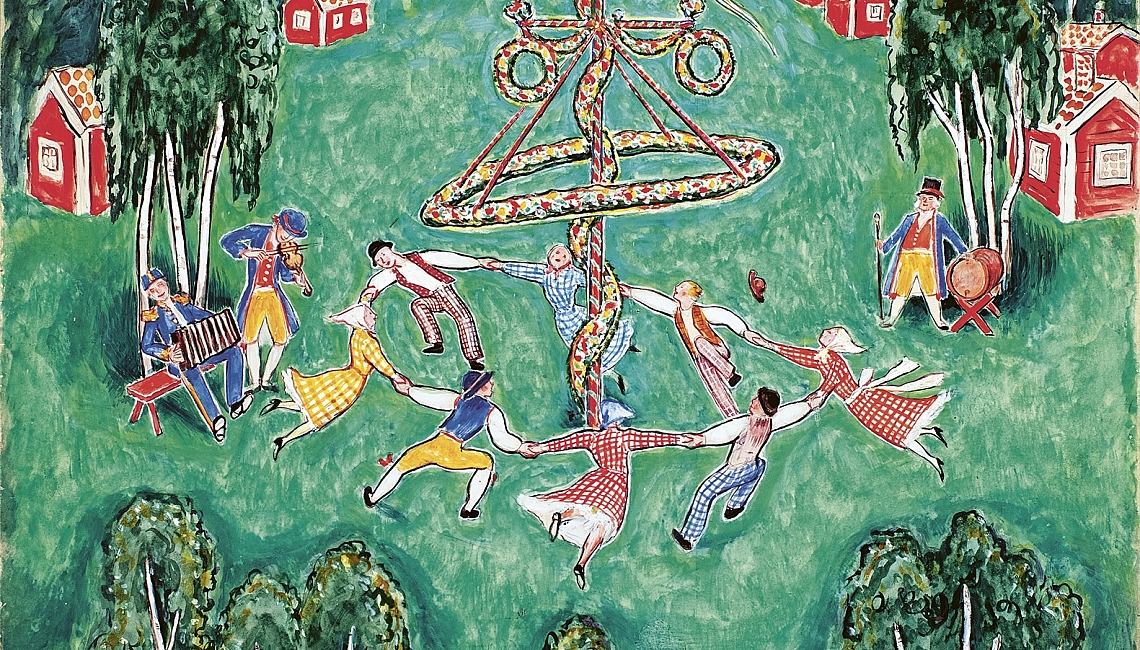
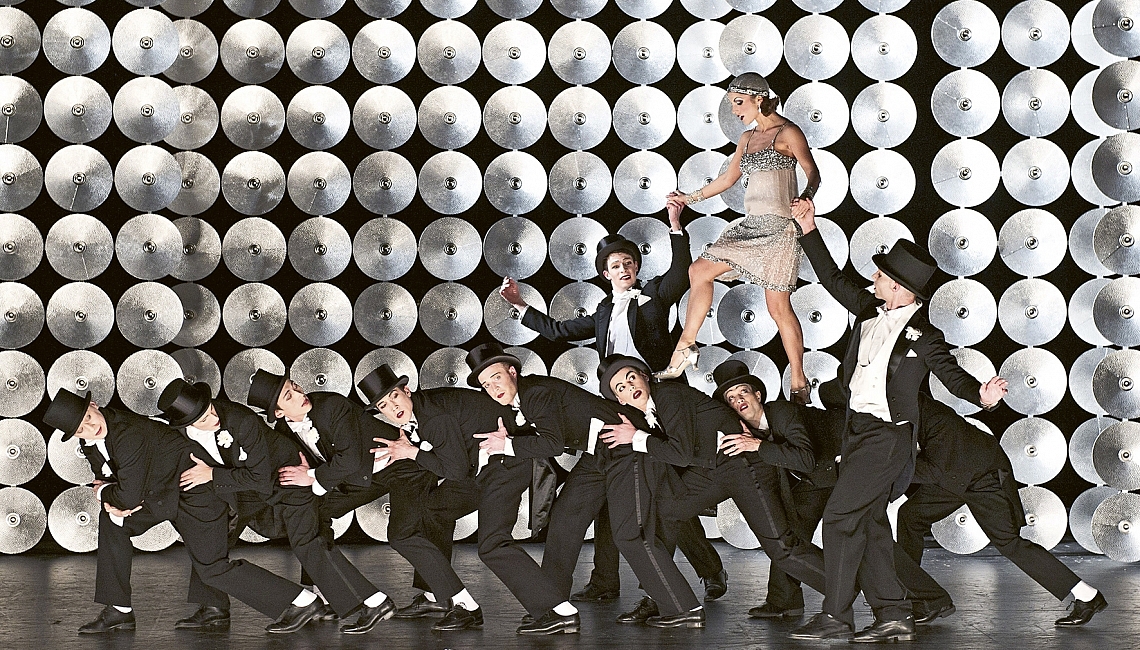
“I envy the painters. Their art is eternal. The work carries its own
life within, independent of its creator. A dance lives rather short.
As short as the dancer himself.”
— Jean Börlin
In the post-war 1920s, new ideas were blossoming and a creative
experimental appetite was awakening. A new avant-garde took form.
At its epicentre was an unconventional dance troupe with a politically
charged repertoire that did not hesitate to provoke its audience: they
went by the name Ballets Suédois. The eccentric couple Rolf de Maré
and Jean Börlin were its leaders, but the co-creators were many.
Ballets Suédois was not an ordinary dance company, their creations
were more than plain choreography, they were total artworks. Aside
from the young dancers in the company, they had collaborations with
artists such as Nils Dardel, Francis Picabia and Fernand Léger, and
composers like Erik Satie, Hugo Alvén and Darius Milhaud, to name
but a few.
With multi-media works such as Les Mariés de la Tour Eiffel (The
Wedding on the Eiffel Tower), Iberia, and L’Homme et son désir (Man
and his Desire), where the music, stage décor, choreography, costumes,
performance, and at times even the audience, were part of the
creation, they took over stages around Europe and the USA between
1920 and 1925.
In ten chapters written by art history professors, dance historians,
music historians, theatre scholars and choreographers, the story
about Ballets Suédois is told: Through the feuds with the Stockholm
Opera, the scandals and the vicious gossip in the press. Through
the art collections and painters that inspired and were inspired.
Through historical views on the male body. Through the adventures
of the female dancers. Through love, friendship, conflict and tragedy.
Through financial troubles and the fierce competition with Ballets
Russes. Through Paris, Stockholm and Copenhagen. Through experimental
musical compositions and their influence on composers such
as John Cage. Through the innovative and extravagant haute-couture
costumes. Through the legacy they left behind for new generations of
dancers and through a re-enactment of their Dadaistic piece Relâche.
Ballets Suédois were ahead of their times in many regards. Ballets
Suédois were queer long before it was a notion in gender and LBTQ
research. Ballets Suédois created performance art long before the
Fluxus movement introduced it to the art world in the 1960s. This
book highlights their importance for modernism as well as following
generations of artists, composers, choreographers, dancers, fashion
designers and scholars.
Börlin’s wish came true: Ballets Suédois lives on, it is eternal.
In stock